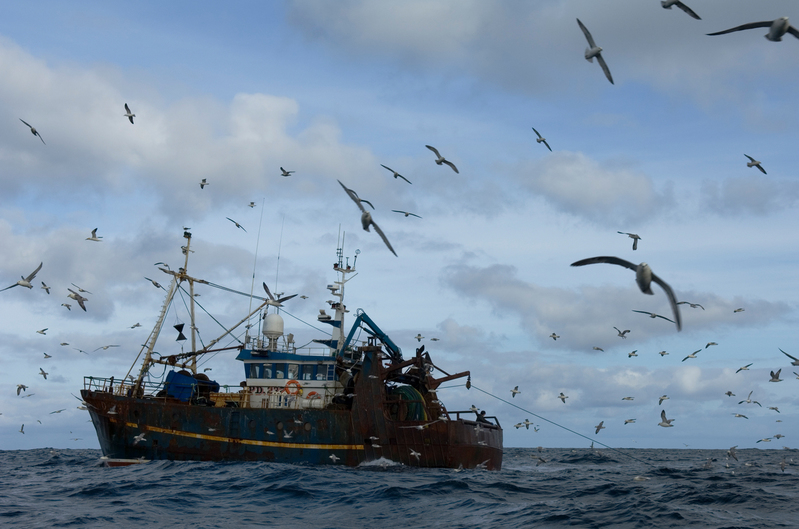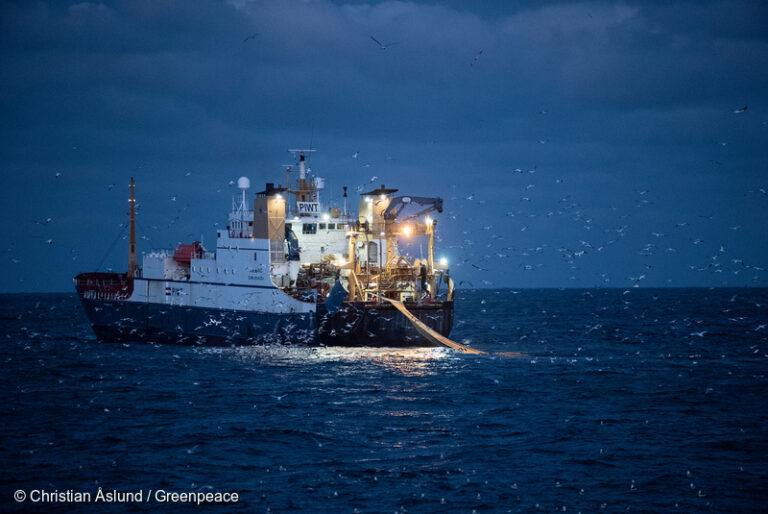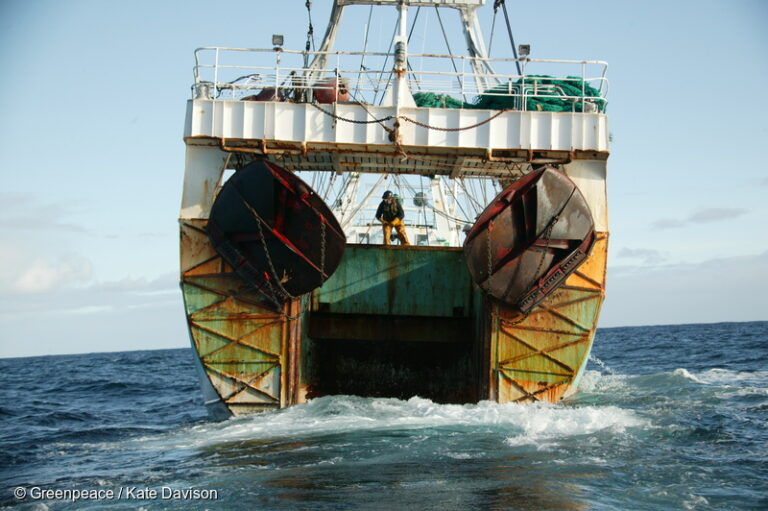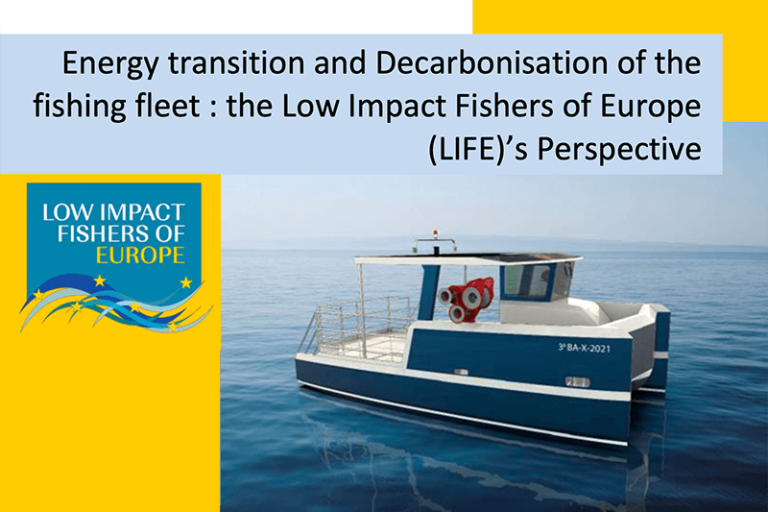
In response to today’s publication of the European Commission’s “Fit for 55” package – a package of policy and laws to bring the taxation of energy and electricity into line with the European Green Deal and EU commitment to carbon neutrality, Rebecca Hubbard, Program Director for Our Fish said:
“The proposed review of the Energy Taxation Directive (1), as part of the “Fit for 55” package, provides a critical opportunity for the EU to remove perverse subsidies that artificially inflate fossil fuel consumption, like fuel tax exemptions for the EU fishing industry.”
“Globally, the fishing industry produces the same amount of CO2 emissions by trawling the seabed as released by the aviation industry (2), with the EU having the heaviest trawled seas and a chronic overfishing problem (3). But instead of grabbing the bull by the horns and proposing a rapid elimination of all fuel exemptions for the EU fishing industry, the Commission has given it a free pass to continue destroying marine life and worsening climate change.”
“The European Commission’s bizarre and outrageous blind spot is especially concerning considering that 87% of EU citizens that responded to the consultation support complete removal of tax exemptions for the fishing industry. Why does the fishing industry get a free pass when everyone else has to pay the true price of carbon pollution and environmental destruction? This is not fair, nor does it match the goal of carbon neutrality that the EU has committed to. The EU must do better”.
Contacts:
Dave Walsh, Communications Advisor, Our Fish [email protected], +34 691 826 764
NOTES:
(1) COM 2021, 563 final. Proposal for a COUNCIL DIRECTIVE restructuring the Union framework for the taxation of energy products and electricity (recast). 2021/0213 (CNS). https://ec.europa.eu/info/sites/default/files/revision_of_the_energy_tax_directive_0.pdf
(2) Sala.E et al (2021). Protecting the global ocean for biodiversity, food and climate. Nature, 17 March 2021. https://www.nature.com/articles/s41586-021-03371-z
(3) European Environment Agency (2019), No 17/2019. Marine messages II: Navigating the course towards clean, healthy and productive seas through implementation of an ecosystem‑based approach. https://www.eea.europa.eu/publications/marine-messages-2/
For more information on the campaign to eliminate EU fossil fuel subsidies go to https://decarbonisenow.eu/




